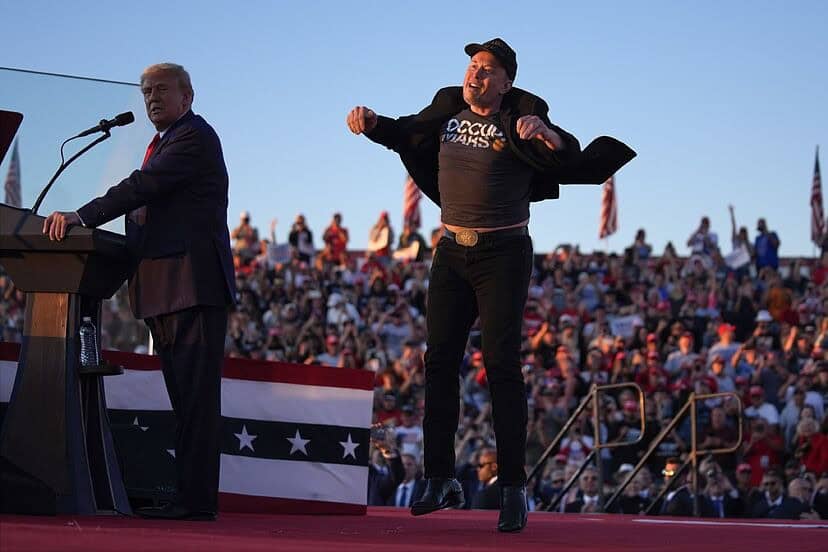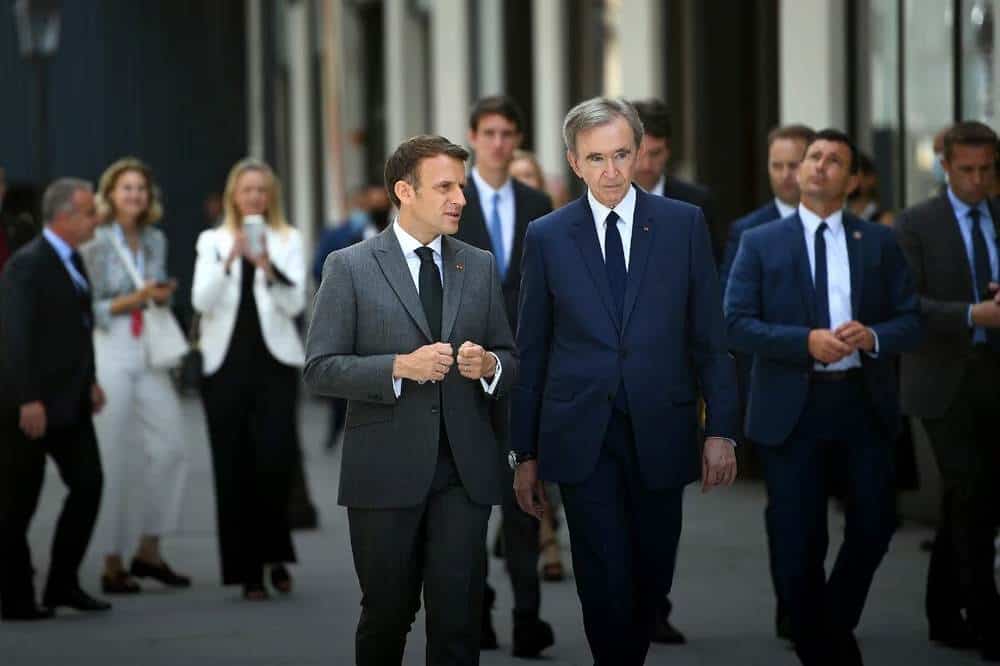
After the Middle Ages and until the 20th century, the rich they fulfilled a role social contributing financially in times of crisisbut this contract was broken in the 21st century, according to the professor of Economic History at the Bocconi University of Milan, Guido Alfani.
For the Italian, the wealth Excessive jeopardizes democracy. According to Oxfam, the richest 1% own 43% of financial assets, and the “ultra rich“have a growing influence on the policy while progressive taxation is in decline.

“The growing trend toward inequality will not be interrupted by itself and the absence of role of the rich will be more problematic, there will be a real danger of instability social in the future”.
This is the prediction of the author of ‘As Gods Among Men: A History of the Rich in the West’, a book that covers the history of the rich in the West from the Middle Ages to the present.
The crisis 2007, the breach of the contract
Alfani describes that “humanism identified its role in helping in time of crisis to your community“, something that continued until the end of World War II.

“The problem is that this role traditional is no longer seen in the 21st century,” he adds. The turning point was the crisis of 2007, with the aggravating factor that they were “the rich“those who provoked it and “have not paid” or made “a contribution exceptional in a situation of extreme need”, something “completely unprecedented in history”.
In recent years a series of “ultra rich“They are being very visible for their interference in the policy or his falsely philanthropic donations, according to Alfani, who recalls that Elon Musk has donated 75 million dollars to the electoral campaign of Donald Trump, another “super-rich” tycoon.
It is not a freak exclusive to the United States
Europe was pioneer with the Italian Silvio Berlusconi in the 90s and in more recent times Rishi Sunak became Prime Minister of the United Kingdom.

As well as Emmanuel Macron in France who, although not “super rich”, have been criticized for their close connection with Bernard Arnault, the richest person in the world according to the Forbes 2024 List.
According to Alfani, it is a general problem that is difficult approach in one economy globalized and with complex fiscal mechanisms that facilitate tax evasion at the same time that these magnates wash their image through voluntary donations: “the contract social It is very different, it is not the contract of a democracyit’s something else.”



